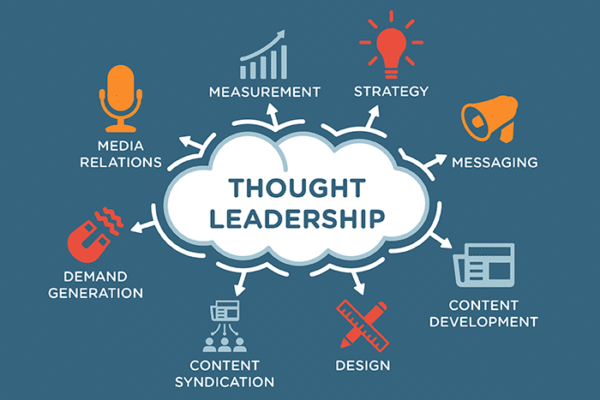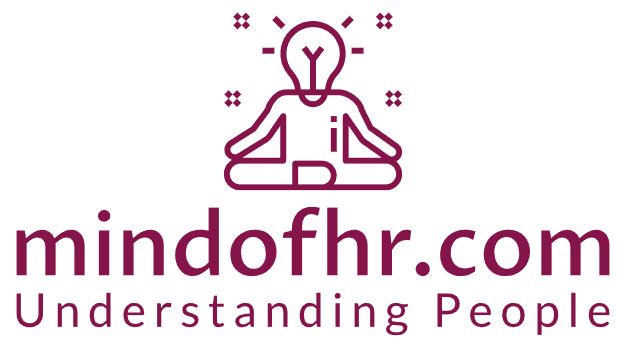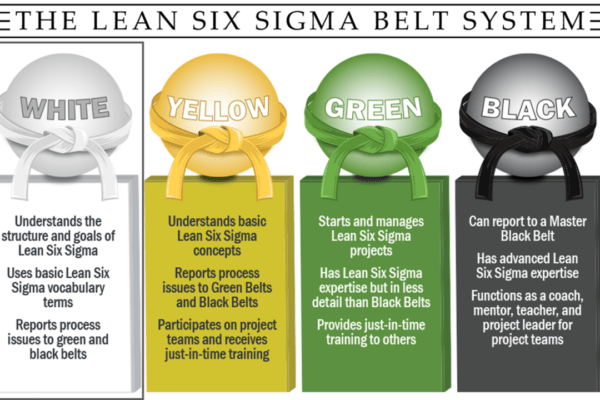
Elevating Excellence: Some Pioneering Thought Leadership Strategies for Empowering Every Employee through Effective Learning
The significance of equipping every employee with effective learning has taken center stage in the ever-changing face of the modern workplace. Thought leaders from various industries are having a deep discussion about how to create an atmosphere in which learning is more than just a buzzword but a transformative force that propels both individuals and…















